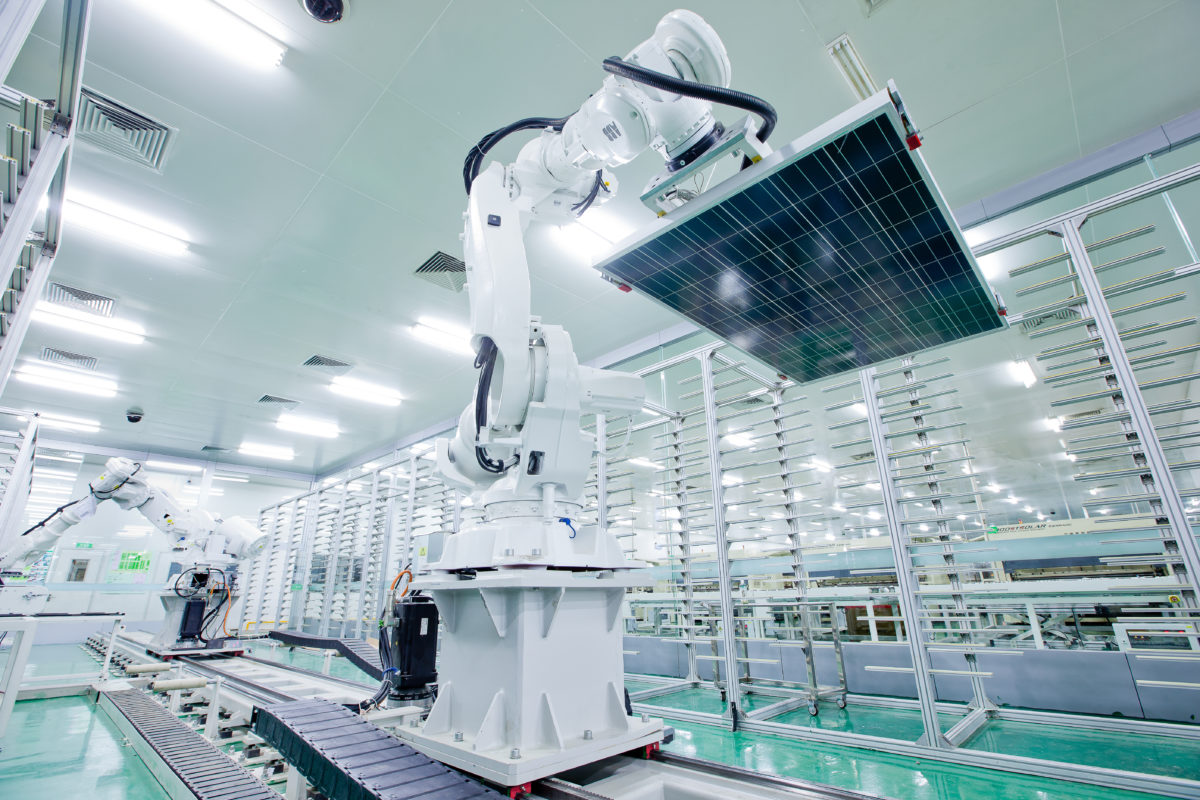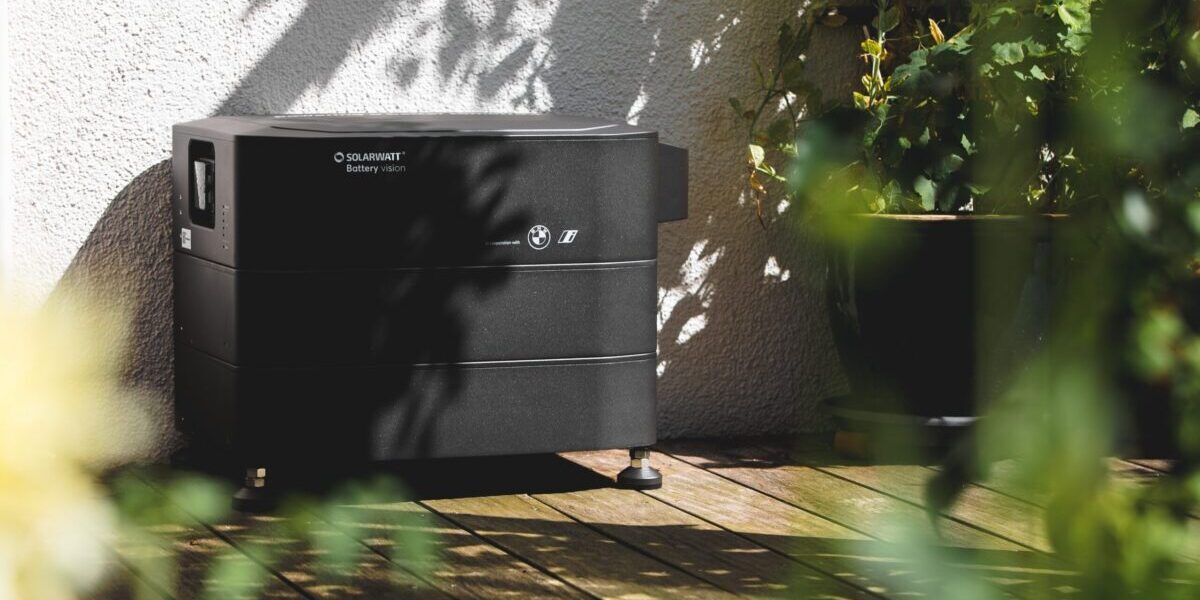JinkoSolar says it has put its latest products – p-type and n-type – through third party testing based on standards the manufacturer says will soon be adopted into the testing requirements outlined by the International Electrotechnical Commission (IEC).
The testing carried out by the Wind Power Systems Quality Test Center at the Chinese Academy of Sciences, IEE and CAS – and certified by U.S.-based Intertek and Germany’s VDE – included illuminating cells at 1,000 W/m² for 500 hours at a temperature of 75°C. According to Jinko, that standard for testing anti-LeTID properties will be incorporated into the pending IEC 63202-1 standard for measurement of light induced degradation of crystalline silicon solar cells.
JinkoSolar VP Jin Hao is chief editor of the standard and chair of the IEC/TC82 standards working group.
JinkoSolar’s p-type mono-PERC cells saw around 1% degradation during the test and n-type mono technology degraded 0.2%, the company stated. The manufacturer noted the results were more than 50% below the average of disclosed industry data, and said they were achieved thanks to its light induced regeneration technology and its R&D efforts to continually reduce oxygen and metal content in cells.
Light induced degradation (LID) and LeTID remain serious concerns for module buyers, particularly in relation to monocrystalline and PERC technologies. Though LID treatments have been proposed – and several are in mass production – it cannot yet be stated the problem is completely solved.
Last week, JinkoSolar set a new efficiency record of 24.2% for an n-type monocrystalline cell, using tunnel oxide passivated contact (TOPCon) technology. The company also holds the efficiency record for a p-type monocrystalline cell, at 23.95%, with both results certified by the Chinese Academy of Sciences.
This content is protected by copyright and may not be reused. If you want to cooperate with us and would like to reuse some of our content, please contact: editors@pv-magazine.com.




By submitting this form you agree to pv magazine using your data for the purposes of publishing your comment.
Your personal data will only be disclosed or otherwise transmitted to third parties for the purposes of spam filtering or if this is necessary for technical maintenance of the website. Any other transfer to third parties will not take place unless this is justified on the basis of applicable data protection regulations or if pv magazine is legally obliged to do so.
You may revoke this consent at any time with effect for the future, in which case your personal data will be deleted immediately. Otherwise, your data will be deleted if pv magazine has processed your request or the purpose of data storage is fulfilled.
Further information on data privacy can be found in our Data Protection Policy.